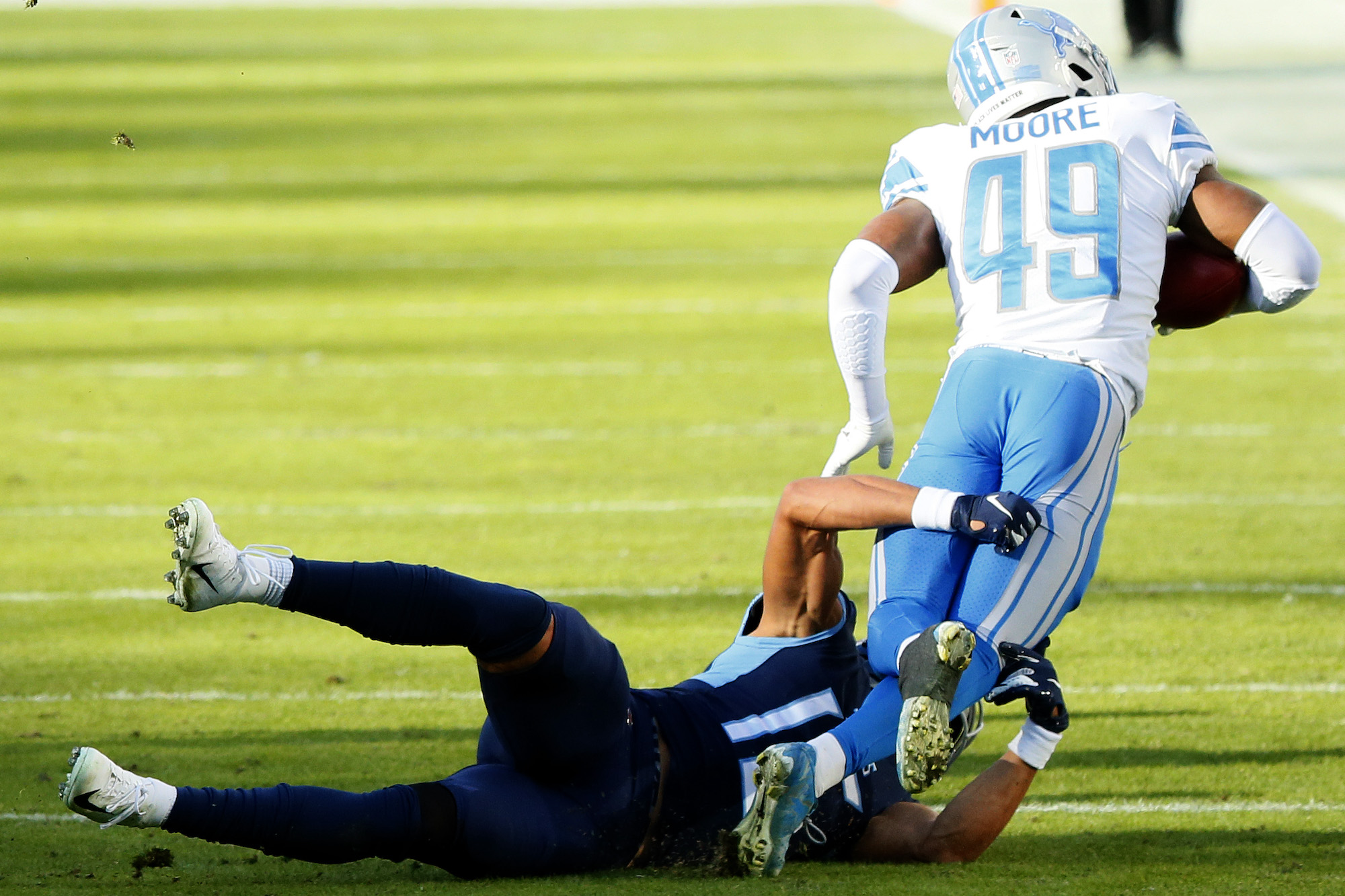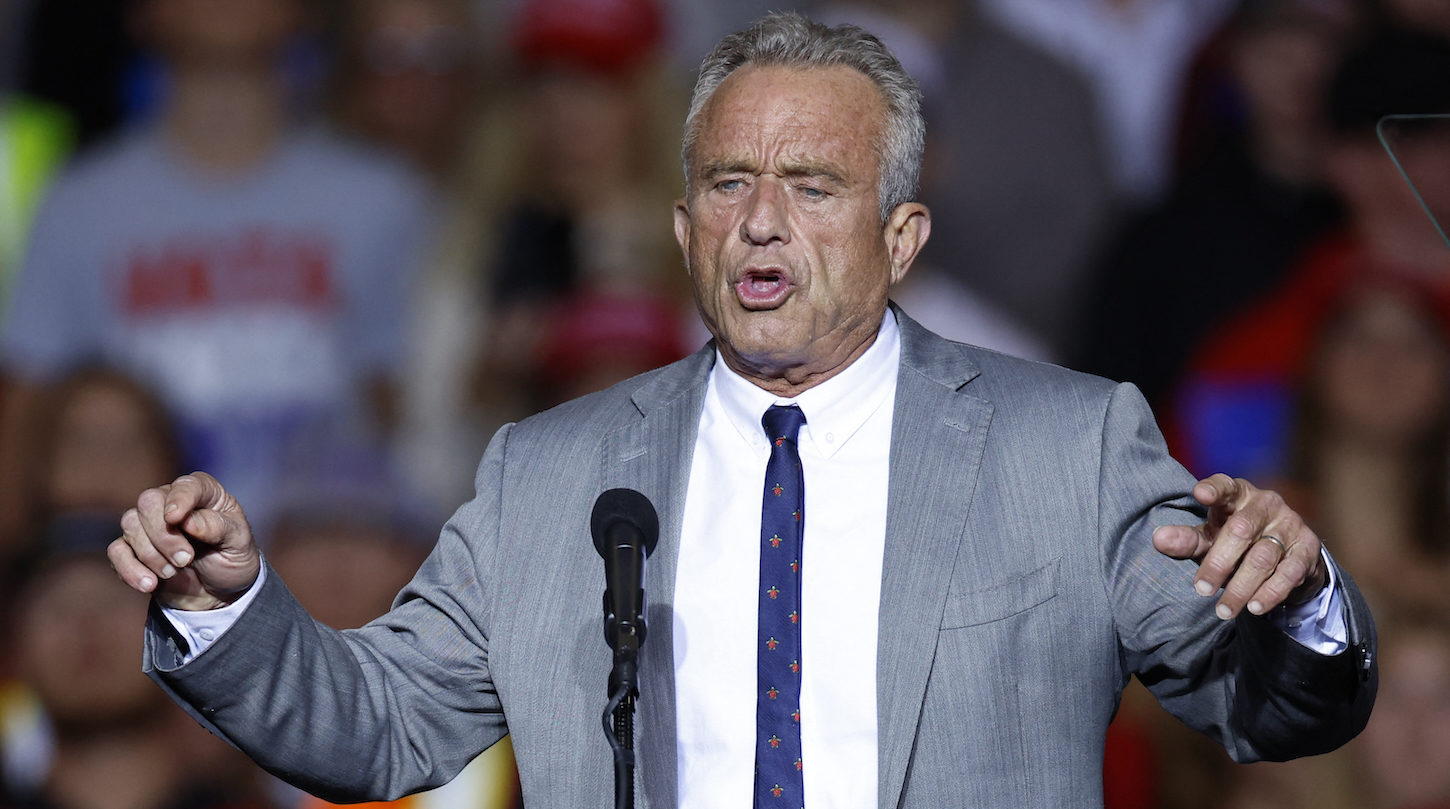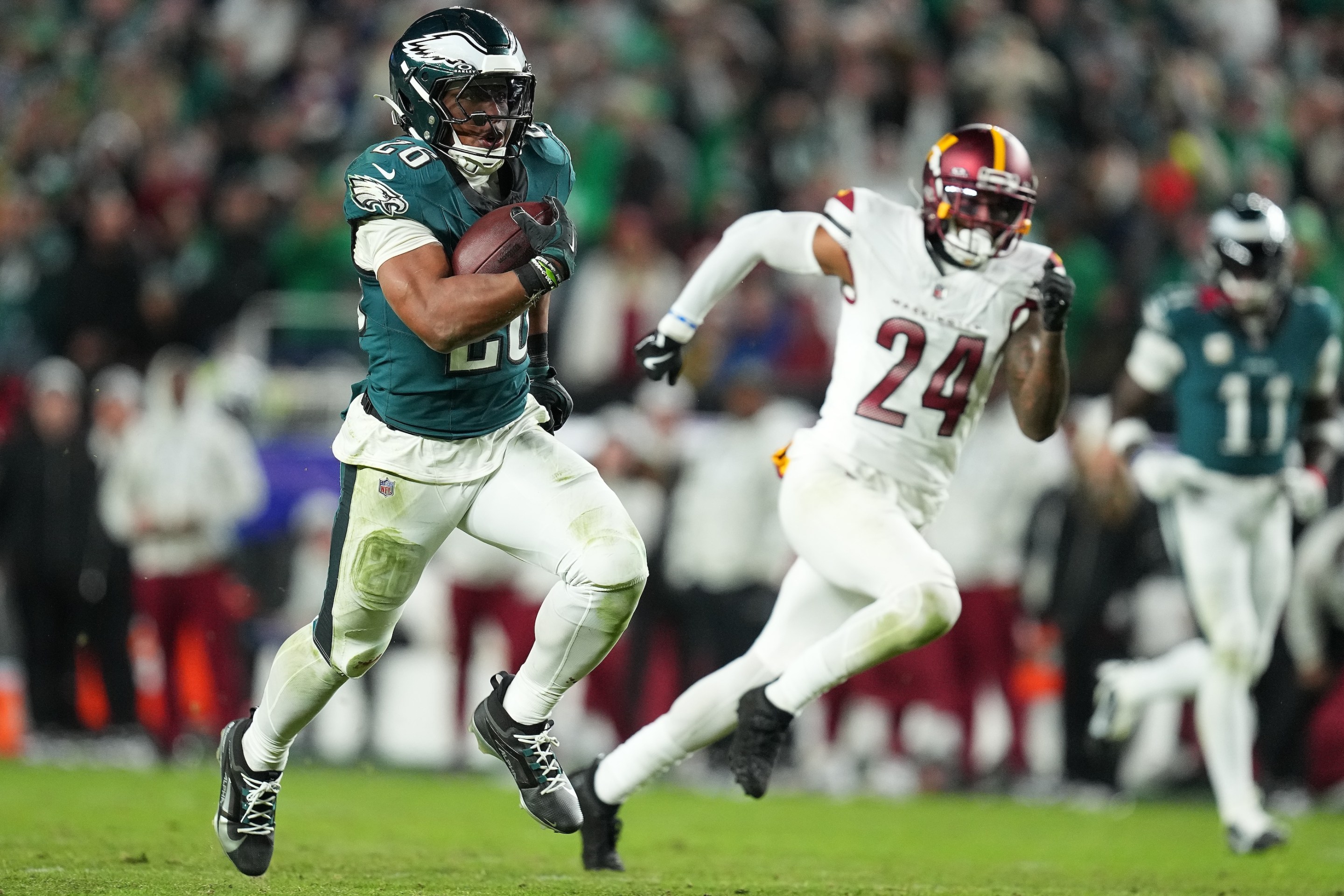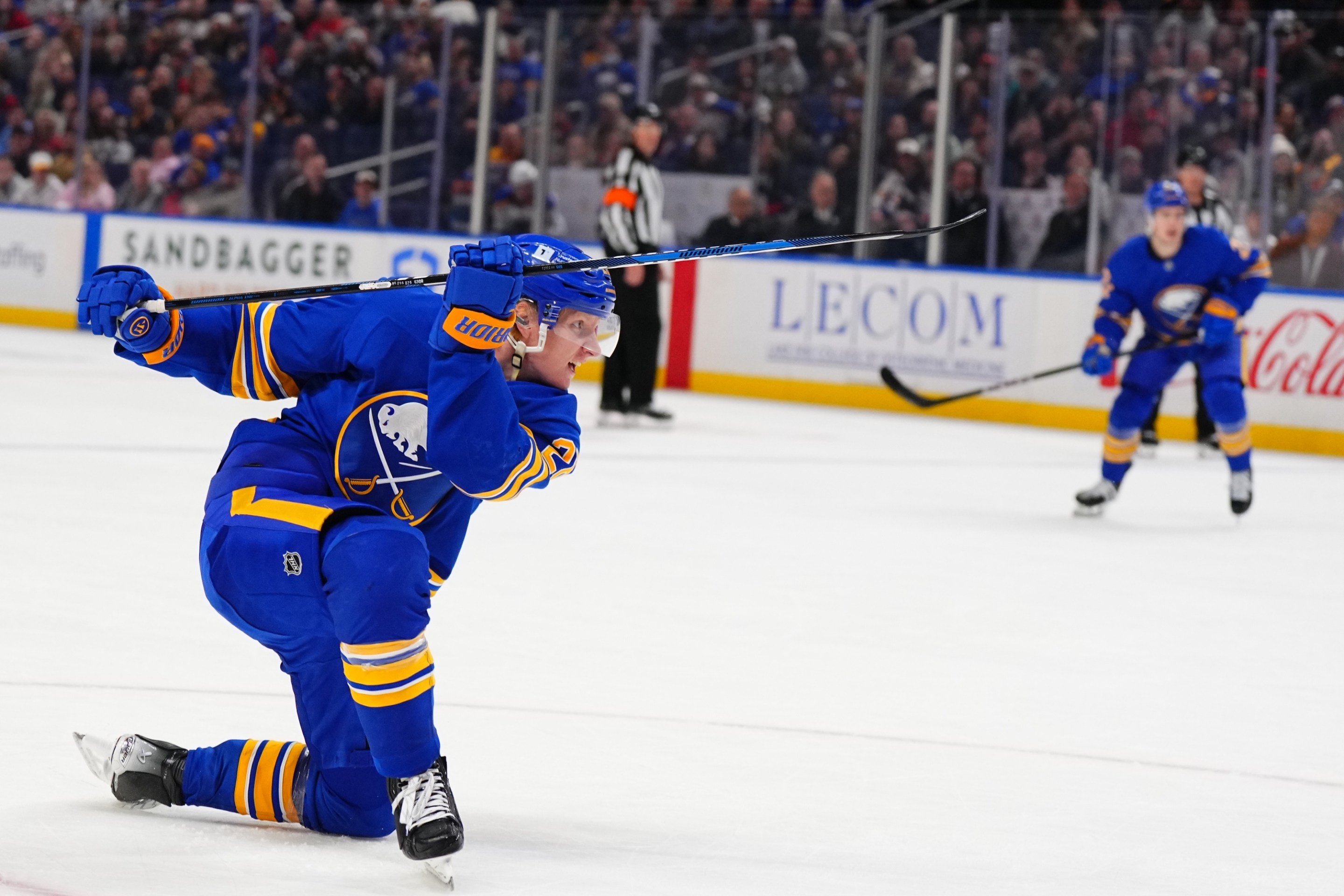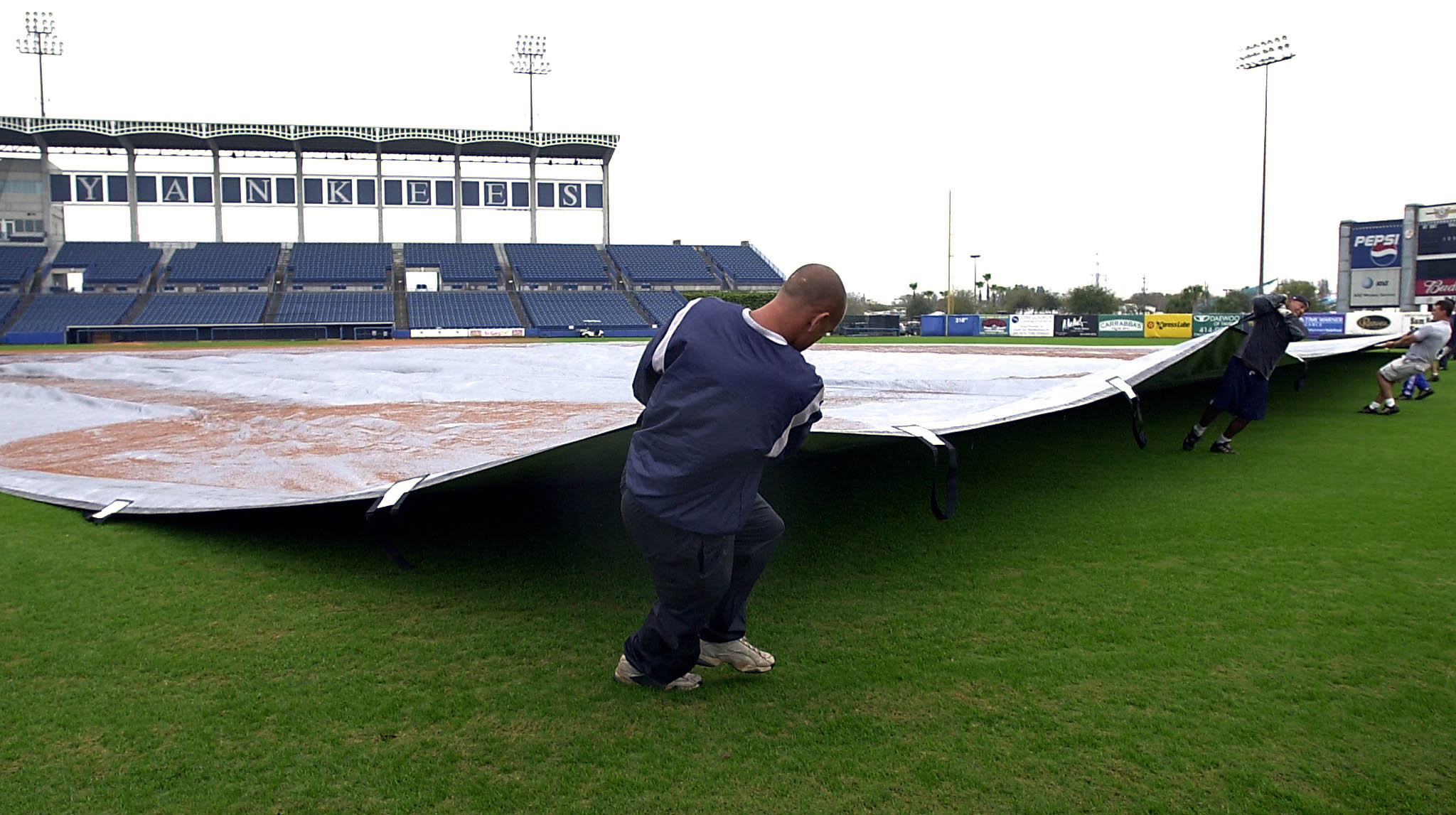The Detroit Lions tried and failed to execute a fake punt early in the fourth quarter of Sunday's 46-25 loss to the Titans. They were down two scores at the time and needed just four yards, but they were also at their own 31-yard line. This was a big bold call from an interim coaching staff staring down imminent elimination from the playoffs. Fortune, they say, favors the bold, but that is both unfalsifiable and also more of a rallying cry than a guarantee.
Lions special-teams coordinator and millennial name–haver Brayden Coombs probably did not realize that he was staking his immediate future on the success of this play, but that's how it turned out. Monday morning the Lions fired Coombs, in no small part because of this failed fake punt. Though it did not appear to catch many of the opposing Titans players by surprise, the call did surprise one Darrell Bevell, which is significant because Bevell is the interim head coach of the Detroit Lions. And Bevell, it seems, does not much appreciate being surprised by high-risk moves being made by people who are at least nominally under his charge.
I can confirm Brayden Coombs was fired over calling a fake punt without Darrell Bevell's knowledge or approval, per team source. Bevell made the decision to fire Coombs and it was approved by Rod Wood.
— kyle meinke (@kmeinke) December 21, 2020
As annoying as it is for a special-teams coordinator to go rogue and call a fake punt without clearing it with his boss, it's at least a little bit lame for an interim head coach to fire the coordinator of a perfectly decent special-teams unit—the Lions have missed a lot of field goals but are excellent on punts—over chain-of-command bullcrap. The Lions were counterpunching all game against a superior Titans squad, and playing it safe there was not realistically any more likely to produce a win. For that matter, even if the Lions had won, they would've needed to close their season with consecutive wins over the Buccaneers and Vikings, and get help from some other bubble teams, in order to sneak into the playoffs. You cannot shoot the moon without taking some big risks!
Besides, has anyone ever considered that maybe a fake punt has a better chance of succeeding the fewer the total number of people who know about it? In the timeless words of Sun Tzu, all warfare is based on deception. Why should that deception not extend in all directions? It's so important that you guys see this mind-blowing shit:
All warfare is based on deception. Hence, when we are able to attack, we must seem unable; when using our forces, we must appear inactive; when we are near, we must make the enemy believe we are far away; when far away, we must make him believe we are near.
The Art of War
It seems clear to me that Coombs is simply maximizing the deceptions in order to gain an advantage over the enemy. And for all we know, Darrell Bevell has a history of tipping off plays with his quintessential LDS guilelessness. It is incumbent on all practitioners of trickery to disguise their actions from even their allies if those allies cannot be trusted to protect secret knowledge. And why shouldn't this discipline extend even to the players charged with executing the fake? The purest act of fakery would only be known by the coach and the ball-handler, and absolutely no others. In the ill-fated play that cost Coombs his job, the fake must only be known by the long-snapper.
The final decision was made Monday—a day after the team called a fake punt in the fourth quarter that C.J. Moore was just short of converting. That play, the source said, was called without knowledge of anyone else—including coaches and some players on the field at the time.
ESPN
It's exactly this sort of knee-jerk rejection of cutting-edge strategic thinking that explains why the Detroit Lions are, well, the Detroit Lions.
